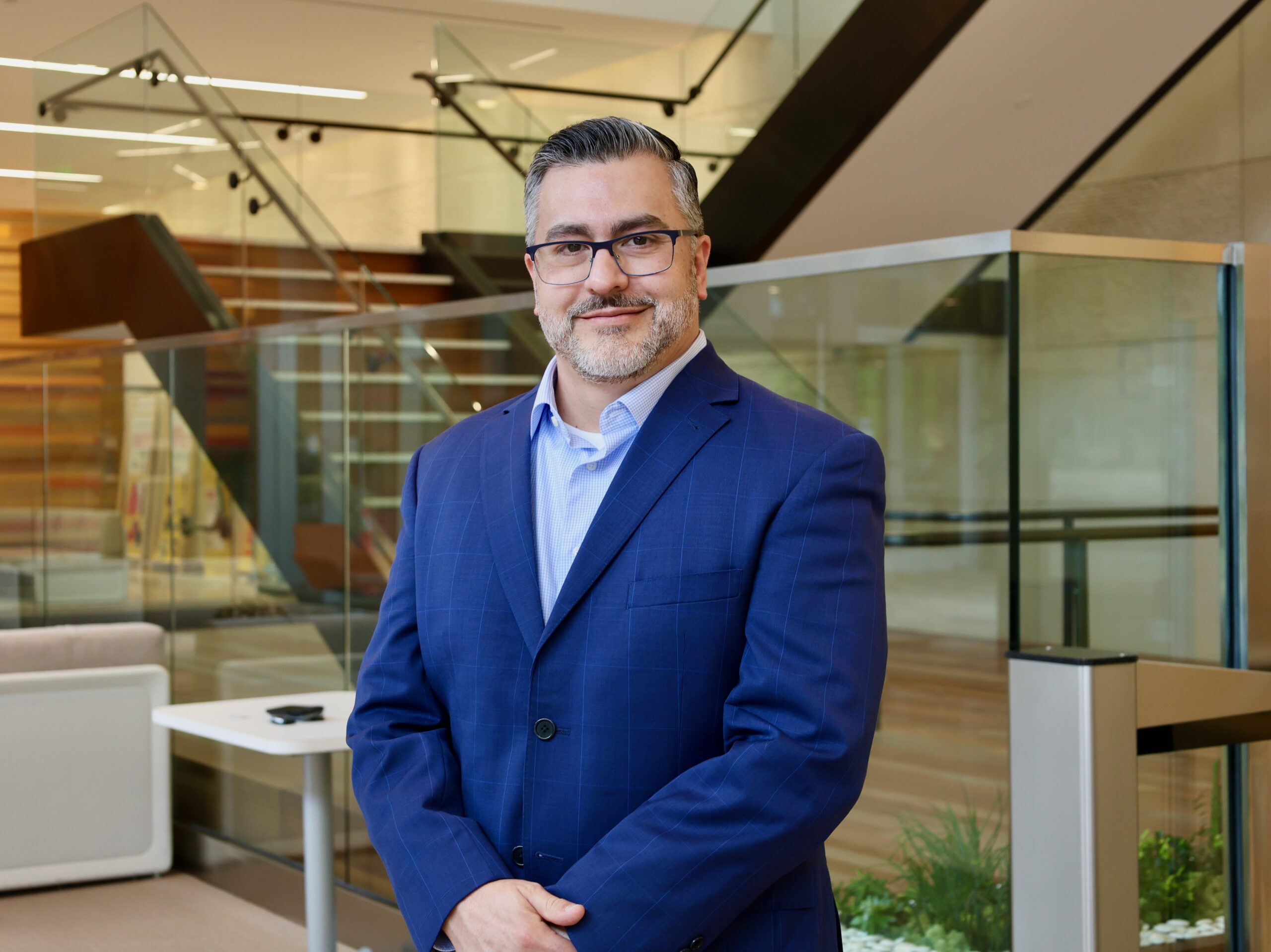For Premium Subscribers
Shell’s Hector Pineda discusses with The Texas Lawbook what he considers when hiring outside counsel, diversity and inclusion efforts that he thinks would make an impact in the legal industry and what outside counsel needs to know about him.

The Lawbook: What has been your best day working at Shell?
Hector Pineda: I have had too many best days to narrow it down to one. I know that when I think about where I came from, I feel incredibly blessed to have gotten to work with the quality of people I’ve had the pleasure of working with for decades. I also appreciate that the company has placed me in a position to travel and experience many wonderful parts of the world.
Lawbook: What are the factors you consider when deciding about hiring outside counsel?
Pineda: I generally try to retain as much work in-house as possible. For the group I lead, typically we use external counsel only when we do not have the internal expertise or resources to manage. But I would look for some of the same skillsets that I expect of our internal counsel: expertise and sound advice that is practical, providing value adding guidance to our operations at a reasonable price.
Lawbook: What does outside counsel need to know about you?
Pineda: I’m really interested in creative solutions and practical legal advice to help our business achieve its goals in the most efficient and effective manner possible while managing risk. We also operate by a set of long-standing business principles and values that are important to maintain our reputation and license to operate. We will not compromise on those, and fortunately we have a long track record of working with firms who support these principles.
Lawbook: What do you see as the biggest challenges for law firms and corporate legal departments achieving diversity and inclusion?
Pineda: Although I have seen improvements in representation of diverse talent over the course of my career, the improvements in the legal profession have been generally modest, fragile and slow. Representation in law firms tends to become less diverse the more senior the level. A similar story is generally played out in corporate America. Solving why representation becomes less diverse at the most senior levels could help efforts to make meaningful progress in years to come.
Lawbook: What impact do you think recent anti-DEI legislation and court decisions will have on diversity efforts and what can be done to address those?
Pineda: Law school diversity reports have shown modest improvements in representation of diverse students over the years but clear gaps remain in the talent pipeline for the legal profession. For example, in 2023 the ABA reported that only 9.4 percent of matriculants were Hispanic/Latinx versus a general population that was closer to 20 percent in the United States. The underrepresentation I describe essentially applies to other minorities, which has only modestly improved over the last decade. The numbers can be sobering. So increasing graduation rates for diverse talent is as critical as ever to continue making progress. My hope is that the recent decisions do not put at risk the progress made towards representation in the legal profession that reflects more closely to the greater population.
Lawbook: What are two or three diversity and inclusion initiatives or efforts that law firms and corporate legal departments can implement to have an impact?
Pineda: To name a few initiatives, tracking the representation data and being transparent is critical as there could be a lack of awareness and less impetus to act without it. Reverse mentoring has been shown to help senior leaders gain perspective on the challenges faced by minorities and in some cases helps to develop key relationships and advocates. I would also suggest casting a broad net when recruiting to include universities with more diverse populations (for example, HBUCs or HSIs).
Click here to read the full profile of Hector Pineda.
